Higher Education Opportunity Act (HEOA)
Compliance with the Higher Education Opportunity Act (HEOA) Peer-to-Peer (P2P) File Sharing Requirements
The Higher Education Opportunity Act (HEOA) specifies higher education institutions, which includes Owens Community College, must make a best effort at compliance and practice due diligence by informing students about copyright infringement risks. Enforcement of this legislation began July 1, 2010 and requires that colleges and universities to implement controls against illegal file sharing or risk losing Federal financial aid funding for students.
Much of the focus in the HEOA deals with unauthorized file sharing on campus networks, leading to requirements designed to reduce the illegal uploading and downloading of copyrighted works through peer-to-peer (P2P) file sharing. The following highlights documentation of the plans to address unauthorized distribution of copyrighted material by users of the College’s network.
Owens ITS currently employs bandwidth-shaping technology to prioritize network traffic and limiting the amount of bandwidth available to peer-to-peer (P2P) applications. Certain networks ITS will block known P2P traffic.
The Information Technology Services department also receives DMCA notices forwarded from our ISP and will make a best effort to manually respond to them.
The response process may include:
- Using network records and logs to determine the responsible party (User/Workstation)
- Blocking a device from the network to prevent file sharing that may be in violation of federal law.
- Determining the identity of the responsible party device in question.
- Notifying the responsible party of the notice and requiring the cessation of activity.
- Notifying the Office of Student Conduct for review of student misconduct.
- Notifying the Office of Human Resources for review of employee misconduct.
If infringed copyrighted material is found on any College resources it will be immediately removed per the discretion of the College's DMCA Agent or Information Security program lead.
A summary of the penalties for violation of Federal copyright laws, either civil or criminal could include:
Penalties for copyright infringement include civil and criminal penalties. In general, anyone found liable for civil copyright infringement may be ordered to pay either actual damages or "statutory" damages affixed at not less than $750 and not more than $30,000 per work infringed. For "willful" infringement, a court may award up to $150,000 per work infringed. A court can, in its discretion, also assess costs and attorneys' fees. For details, see Title 17, United States Code, Sections 504, 505.
Willful copyright infringement can also result in criminal penalties, including imprisonment of up to five years and fines of up to $250,000 per offense.
For further information, please refer to the web site of the U.S. Copyright Office at: www.copyright.gov.
Resources for additional information:
- Higher Education Opportunity Act (HEOA) (U.S. Department of Education)
- Higher Education Opportunity Act (HEOA) (Educause)
- The U.S. Copyright Office FAQs
- Digital Millennium Copyright Act (DMCA) (Educause)
Keywords:
